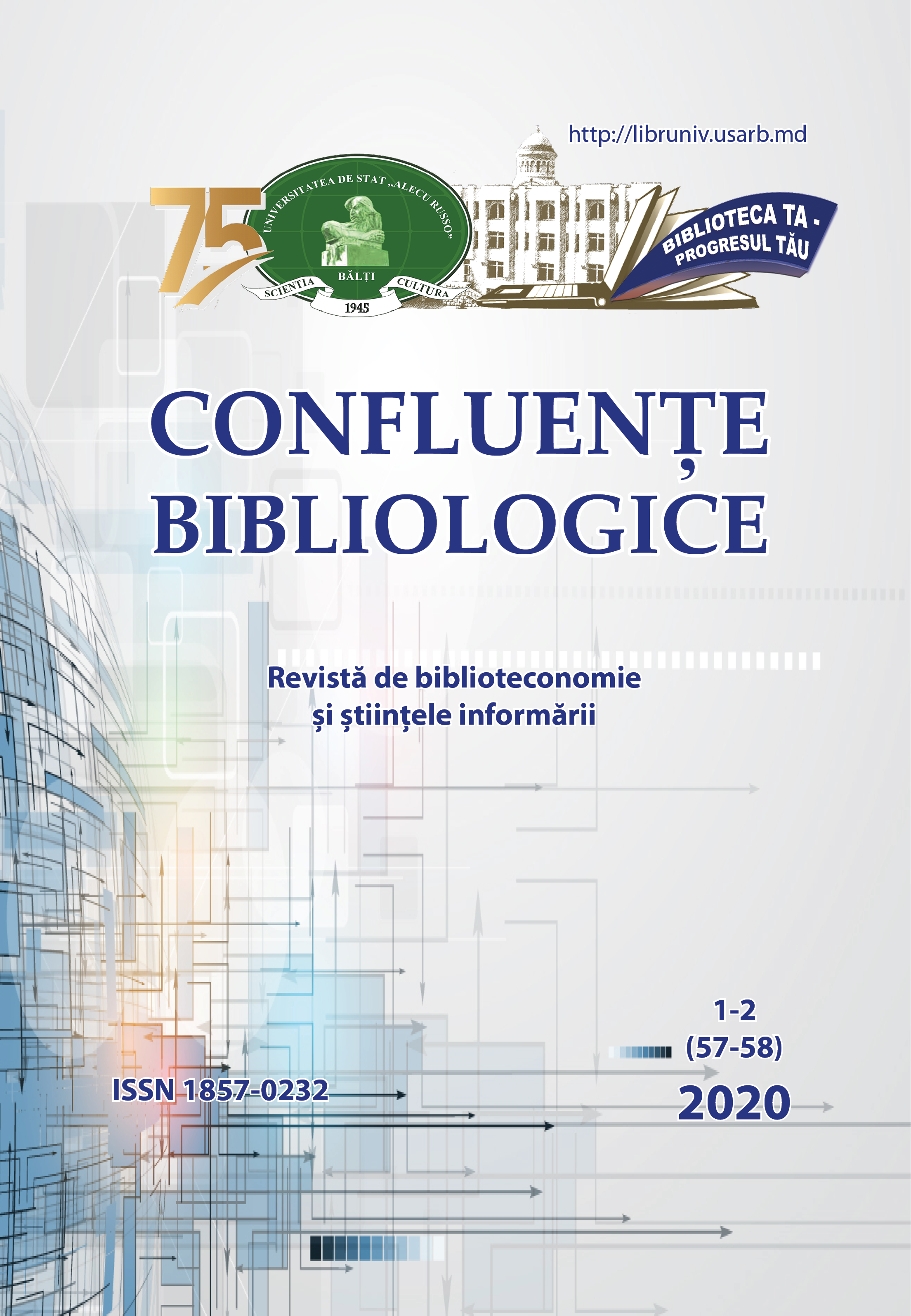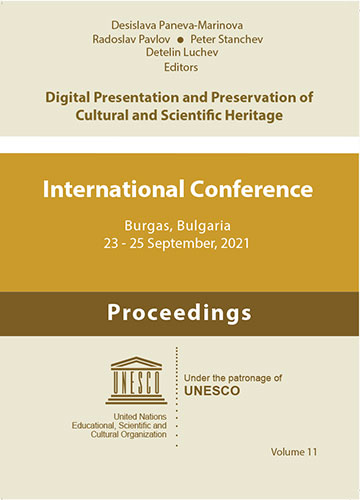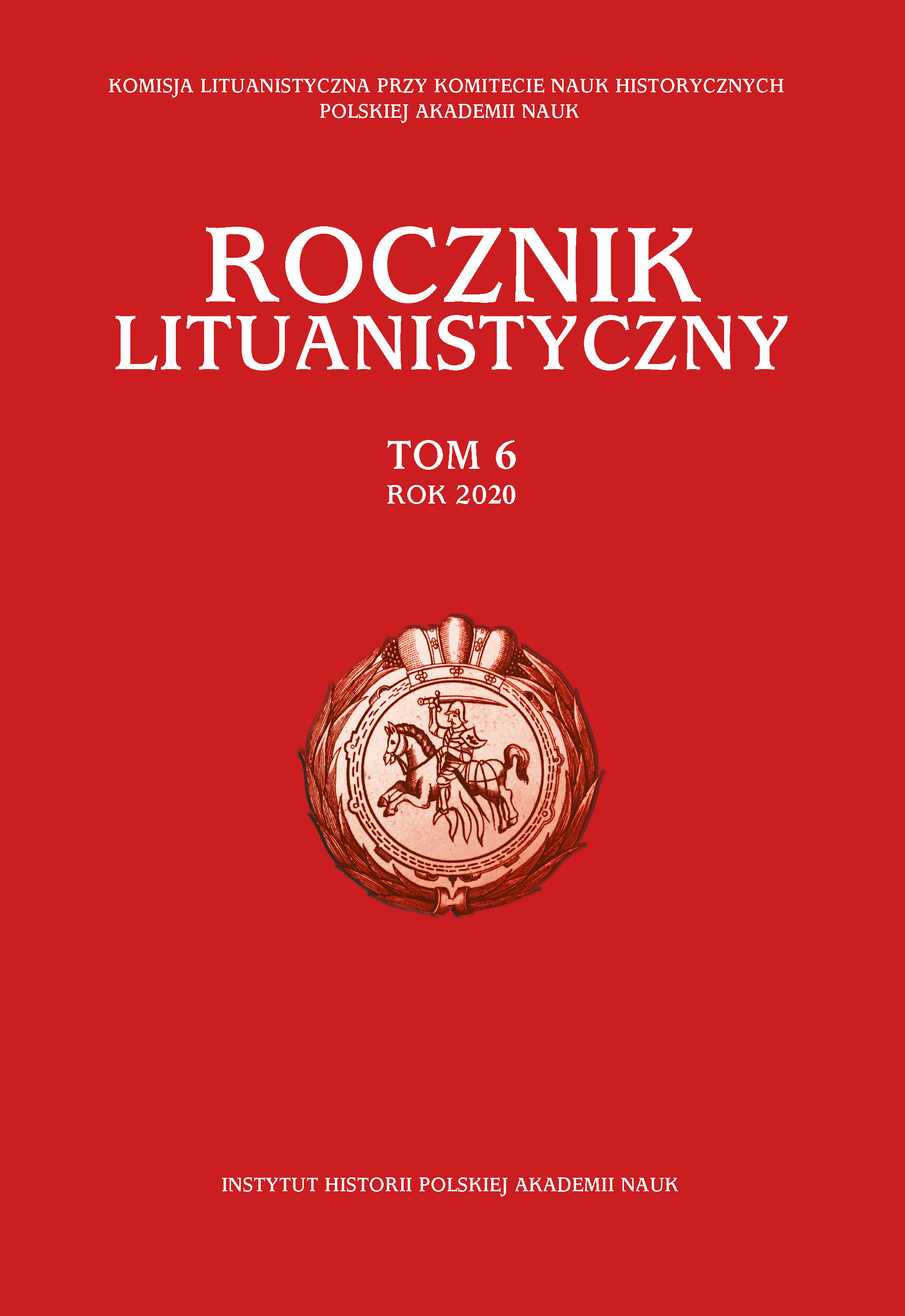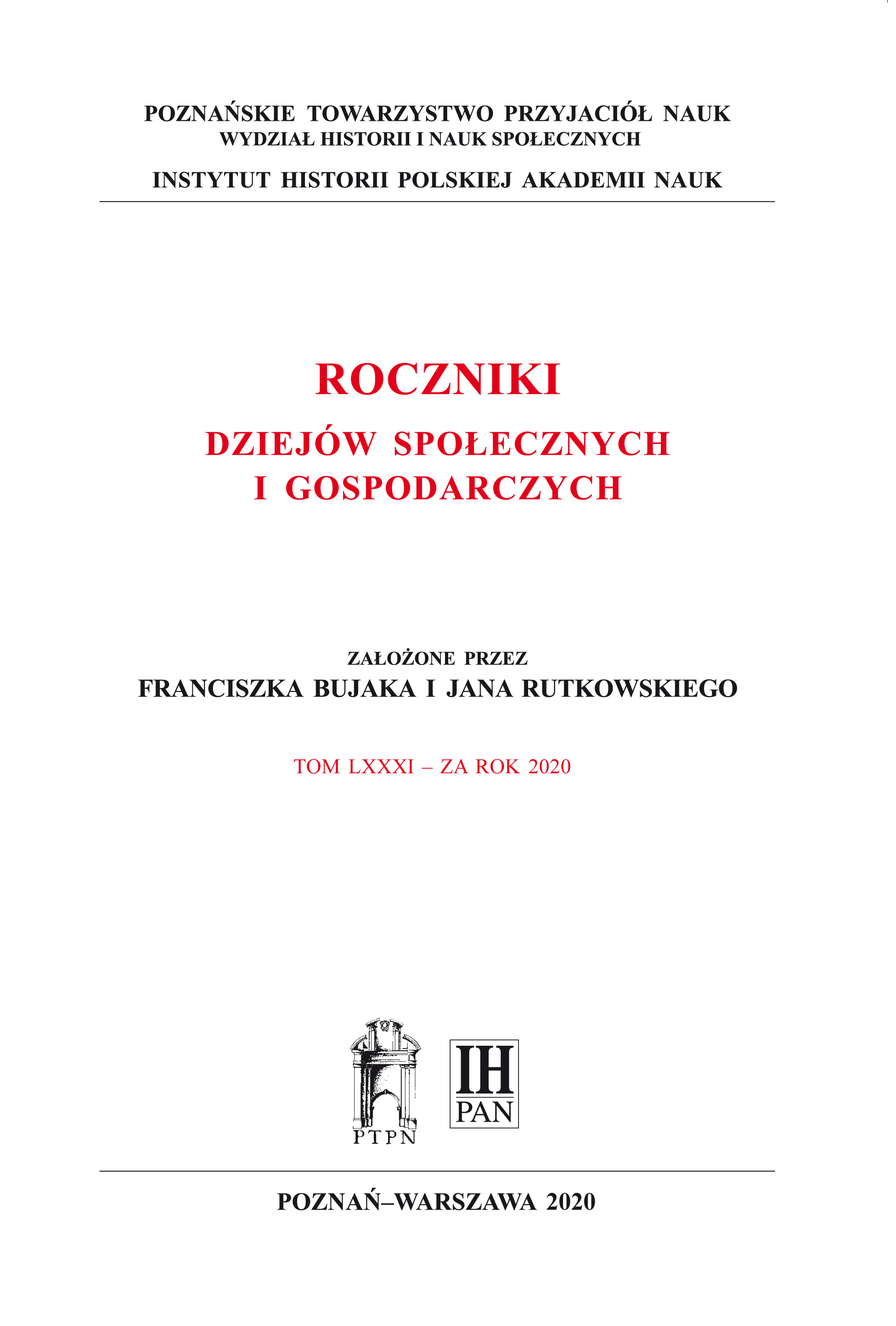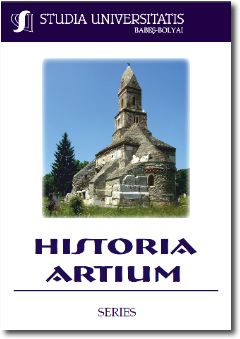
CORIOLAN PETRANU – REFERENT AL COMISIEI MONUMENTELOR ISTORICE ȘI EXPERTIZELE SALE ARTISTICE DIN ROMÂNIA INTERBELICĂ. SCRISORI RISIPITE
Coriolan Petranu – Referee of the Historical Monuments Commission and His Expert Art Reports Written in Romania during the Interwar Period. Scattered Letters. The present study is a welcome and useful completion of the chapter published by the author in the volume entitled Istoria Artei la Universitatea din Cluj [Art History at the University in Cluj] (Nicolae Sabău, Corina Simion, Vlad Țoca. Coordinator Nicolae Sabău). The article focuses on previously unpublished letters on the topic. The teaching activity of Professor Coriolan Petranu, founder of the Art History Department at the University in Cluj, was beneficially completed after 1920 by his contributions in the field of historical monuments protection in Inter-War Romania and his expert reports in the field of fine arts and of the restructuring of the museums in Transylvania according to the modern principles of European museums. Among his numerous expert reports, the documents/letters under analysis record his observations, actual art historical studies, on projects related to town planning, architecture, public monuments, street furniture and technical works, urban systematization plans etc. (the building sites, liturgical furniture and wall paintings of the Orthodox church in Târgu Mureș and of the Orthodox cathedral in Cluj, the fresco of the festive hall of the Academic College in Cluj painted by master Costin Petrescu, 1938-39), the analysis of certain folk art objects from museums and collections in Transylvania, public and institutional monuments (Avram Iancu’s statue in Cluj, the Union Monument in Arad, Pârvan’s bust from the University in Cluj etc.), expert reports on Romanian vernacular monuments, wooden churches (Poiana, Tălgi, Honțișor, Bocșa Română, Roșiori etc.) and masonry churches (Criscior), his correspondence with artists of the Inter-War Period and the exhibitions he organized (Catul Bogdan, Emil Cornea, Atanase Damian, Aurel Ciupe, Aurel Papp etc., the exhibition Collegium Artisticum Transylvanicorum, Cluj, 1921), his expert reports on works of painting, sculpture, graphic arts and European bookmaking. The correspondence of the art historian from Cluj with intellectuals, professors, art historians, museum directors and library directors of upper and general education institutions from Great Romania, from Bessarabia and Bucovina, was impressive (Petre Constantinescu, Oreste Tafrali, Vasile Ciurea, Al. P. Arbore). He also made generous donations of books and photographic materials to these institutions.
More...
